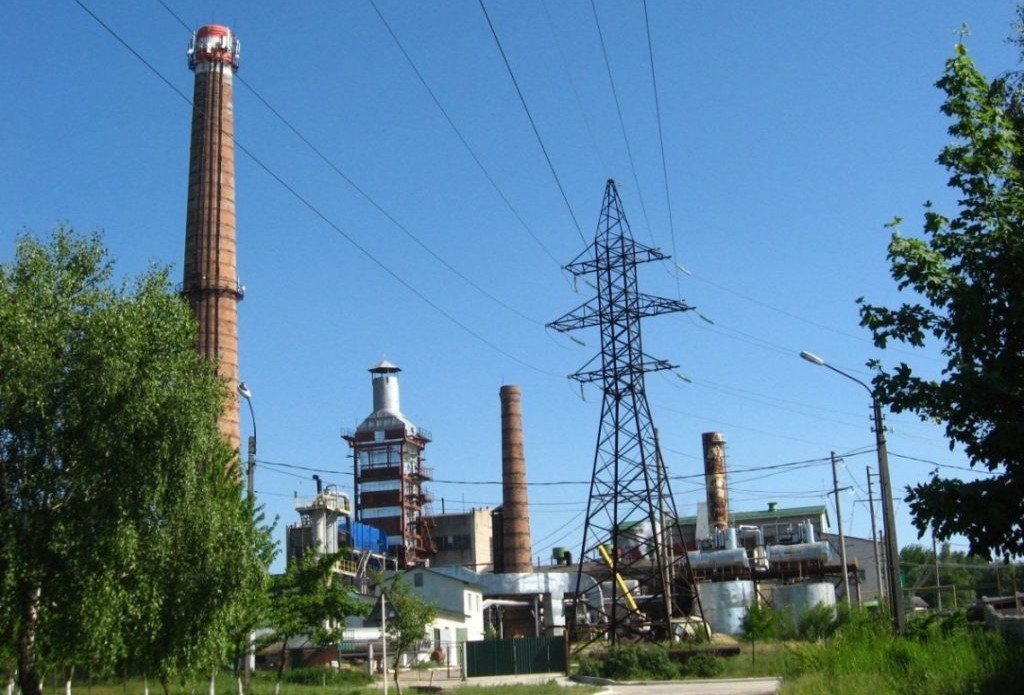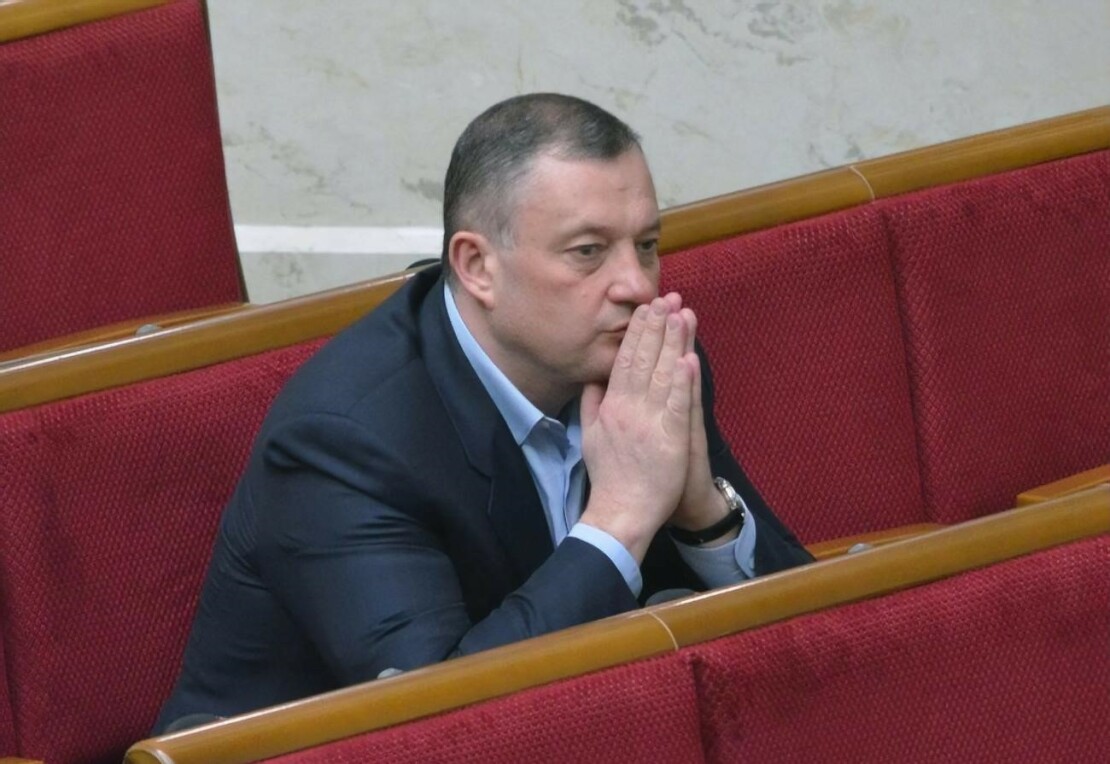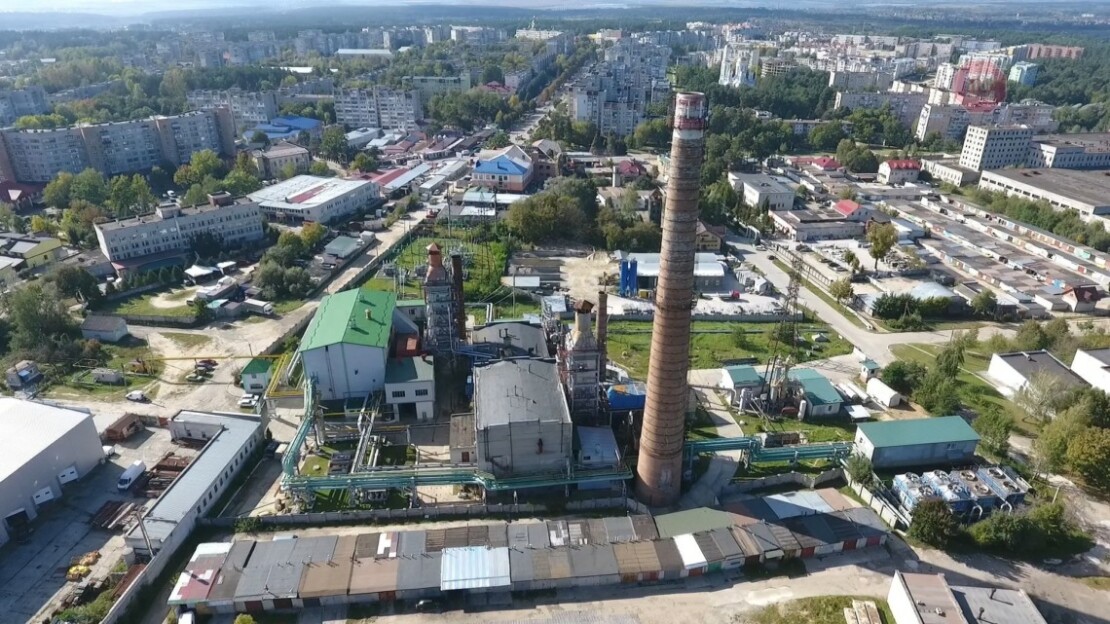The energy sector has always been a sweet spot for potential corruption schemes. Onyshchenko’s “gas case,” the Rotterdam+ case, the Centrenergo case—all these stories, according to the NABU-SAPO, caused great damage to the country. Such cases seem especially disgraceful given the current problems Ukraine has in this area. Instead of development, the industry has become a source for corruption abuses for years.
The case of the Dubnevych brothers regarding the embezzlement of gas at CHPPs is considered by law enforcement officers to be one of the most complex in the economic sphere. No wonder; the case is about UAH 2 billion of allegedly stolen public funds, the involvement of the former MP, and constant attempts to delay the consideration of the case.
Read on to find out more about the scheme and how such a story can affect our present.
How did it start?
In 2016, the National Commission for State Regulation of Energy and Public Utilities (NCREPU) paid attention to a gas procurement transaction for Novoyavorivska and Novorozdilska CHPPs in Lviv oblast. The NCREPU decided to conduct an unscheduled inspection of the activities of these CHPPs. It turned out that the energy companies that managed the CHPPs used the gas at preferential prices purchased from Naftogaz for other purposes.
The prosecution argued that when purchasing gas for CHPs, these energy companies made it seem as though the raw materials were needed to produce heat for the population of Novoyavorivsk and Novyi Rozdil. To reduce prices for the population, Naftogaz sold gas at preferential prices—sometimes three times cheaper than for other consumers. However, the companies used gas to sell the generated electricity to SE Energorynok, and not to produce heat for the population.
As a result, the profitability of CHPP electricity production exceeded 60% (against 3–5% included in the tariff of the NCREPU).
Gas dealings in details
The investigation began back in December 2016, almost immediately after conducting unscheduled inspections at the CHPPs. According to NABU detectives, gas was stolen at CHPPs during two periods: 2013–2015 and 2016–2017.
The key defendant in the case is one of the brothers, former MP Yaroslav Dubnevych. It was Yaroslav and Bohdan Dubnevych who at the time were the ultimate owners of the enterprises that managed the CHPPs—Energia LLC, Energia-Novyi Rozdil LLC, and Energia-Novoyavorivsk LLC SPE. In 2019–2020, they re-registered the companies to their sons. By the way, another company owned by them appears in the case of illegal sand mining for UAH 21 million.

In 2013–2015, these enterprises concluded a number of contracts for the purchase of natural gas from NJSC Naftogaz to produce thermal energy for the population. The volume of gas supply during these years amounted to more than 300 million cubic meters, worth more than UAH 1.4 billion.
During the second episode in 2016–2017, agreements were concluded with NJSC Naftogaz for more than UAH 700 million to purchase more than 150 million cubic meters of gas to supply heat to cities of the Lviv region.
Instead, the CHPPs generated electricity and sold it to SE Energorynok. As a result of such frauds, Naftogaz suffered a total of about UAH 2.1 billion in losses, and the CHPPs controlled by the Dubnevych brothers, on the contrary, got extremely high profits.
Who is involved, except Dubnevych
According to the prosecution, the management of these companies under the leadership of Yaroslav Dubnevych entered into a criminal conspiracy. The circle of the accused includes:
- Ihor Kuchma, ex-director of Energia LLC,
- Ihor Artymko, head of Energia-Novyi Rozdil LLC,
- his deputy Ihor Ilkiv,
- Oleh Pavlyshyn, Chief Financial Officer of Energia-Novyi Rozdil,
- Oleksandr Oleksiuk, ex-director of Energia-Novoyavorivsk LLC SPE.
Five defendants in the case were served with suspicion notices regarding the first episode back in 2018, and in 2020 regarding the second one.
Yaroslav Dubnevych was served with a suspicion notice only on October 10, 2023, becoming the sixth defendant. He never appeared to the NABU, so on October 17, he was put on the wanted list, and on November 13, he was arrested in absentia by the High Anti-Corruption Court. Meanwhile, Bohdan Dubnevych does not appear in the case at all; he was not even served with a suspicion notice.

Officials of the companies and Dubnevych are charged with gas embezzlement amounting to more than UAH 2.1 billion and the legalization of illegally obtained profits from the sale of electricity. According to the prosecution, Yaroslav Dubnevych managed to launder more than UAH 450 million. First, he withdrew these funds offshore, and then the money was transferred back to Ukraine under the guise of foreign investment in green energy.
Interestingly, in October 2018, Nazar Kholodnytskyi, the former SAPO head, claimed that the Dubnevych brothers were not involved in gas fraud at a CHPPs in the Lviv region.
Why are the proceedings so lengthy?
Three years passed between the NCREPU’s inspections and the indictment in court, and the trial has been going on for five years. We at TI Ukraine followed this case from the very beginning when the suspicion notices were served. We remember the frequent non-appearances of the defendants, the refusal to consolidate the episodes, and even the closure of the proceedings due to the “Lozovyi’s amendments.”
The NABU considers the case to be one of the most complex in the field of economics since, in the framework of the pre-trial investigation, it was necessary to appeal to nine countries, including Switzerland, the USA, Cyprus, Latvia, Slovakia, Canada, and the Marshall Islands.
There were still several attempts to take the case away from the HACC, but the Appeals Chamber refused to do so. After the third review of the jurisdiction on the initiative of the judges themselves, the HACC AC concluded that all these attempts boiled down to disagreement with previous refusals. When, in August 2022, the first episode of the case was closed and re-opened, the progress made was lost because the case had to be heard once more.
Consolidating two episodes into one did not speed up the consideration of the case, which was transferred to the HACC in January 2023. Currently, the proceedings have been at the stage of preparatory trial for more than a year, and since 2016, law enforcement officers have collected 300 volumes of materials that the court must examine before delivering a verdict.
What is happening with the CHPPs now?
The Dubnevych brothers’ companies, Novorozdilska CHPP and Novoyavorivska CHPP, worth UAH 800 million, are still under arrest. EUR 2.3 million belonging to associates of former MP Yaroslav Dubnevych were seized.
In June 2018, the SAPO requested to transfer both CHPPs to the management of the ARMA. The investigating judge of the Solomianskyi District Court of Kyiv agreed, and in 4 months, the Agency found a temporary manager, Garant Energo M.
However, after that, Garant Energo M faced sabotage on the part of the CHPP owners: the staff refused to work, the owners dismantled the equipment, destroyed the technical documentation, and constantly tried to regain control over the assets through the court.

In September 2019, the asset management agreement with Garant Energo M expired, and a new competition was announced. The tender committee decided not to change the old manager for energy generation and choose a new one for energy distribution (Alternative-T-XXI LLC). To continue managing the CHPPs, Garant Energo M had to fulfill a number of conditions, in particular, to report on preparations for the start of the heating season as well as to pay off wage arrears. However, it failed: the company owed Naftogaz and did not pay off the wage arrears.
Finally, two CHPPs were transferred to the management of Naftogaz Teplo LLC without a competition, allegedly, precisely because of wage arrears. Recently, for the same reason, the arrest was lifted from the funds of Energia-Novyi Rozdil LLC.
It was this case that became one of the drivers for the introduction of the procedure of “exceptional” management of seized assets, which is defined in Article 21-1 of the Law on the ARMA. This allowed the government to transfer seized critical infrastructure, such as CHPPs, to management to avoid problems with their operation.
What’s next?
The case should soon move to the merits phase. TI Ukraine believes that a fair and impartial hearing of this case is crucial. After all, we are talking about the impact on the welfare of residents of Ukrainian cities, and the case involves a former MP with multimillion-worth intricate schemes.
We shouldn’t expect the verdict soon, since the case materials already include over 300 volumes, unless individual defendants conclude a plea agreement with prosecutors and the HACC approves it. In the case of a guilty verdict, the defendants in the case are in for serious terms: if all the incriminated crimes are aggregated, the punishment can reach up to 15 years in prison.
Yaroslav Dubnevych is in parallel accused of seizing UAH 93 million of Ukrzaliznytsia. Thus, according to the prosecution, a group of Ukrzaliznytsia officials, together with controlled enterprises, organized open bidding to purchase turnouts. Dubnevych allegedly personally lobbied for the allocation of funds to certain enterprises, which led to overpayments. This case is also still at the stage of a preparatory hearing in the HACC.
The results of the trial in this case promise to be interesting, both in terms of collecting evidence and substantive law. This can have a deterrent effect on those who want to profit from the national tariff policy in the same way.

